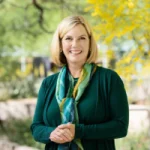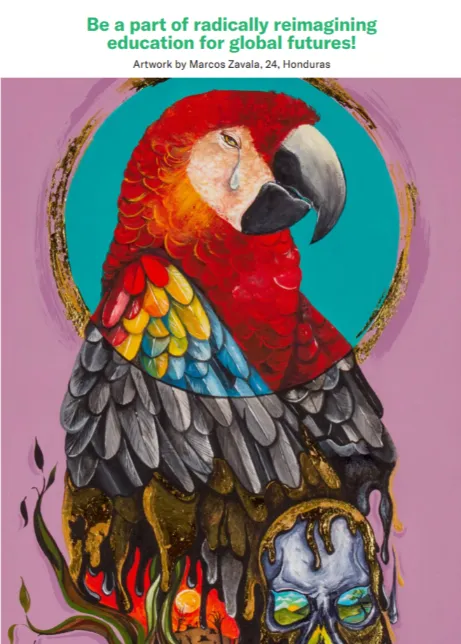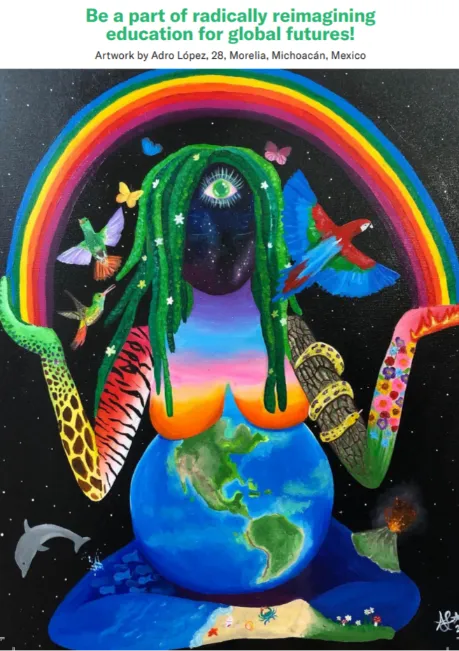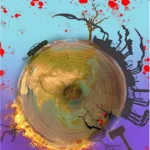Teacher: Ann Nielsen

Ann Nielsen
Ann has over 15 years experience as a classroom teacher. She has served as the Director of the Office of Global Engagement in the Mary Lou Fulton Teachers College at Arizona State University. In this capacity, she led global educational initiatives and projects, embodying her commitment to educational knowledge dissemination, publishing on topics such as climate literacy, teacher professionalism, and educational workforce transformation. Dr. Nielsen’s accomplishments have earned her numerous awards and leadership roles, underscoring her influential presence within educational circles. She remains deeply committed to advancing education’s transformative potential, fostering sustainable development, and promoting the growth of educators and learners worldwide.
Usefull links related to the Solution
Overview
A deck of cards showing climate crisis-inspired art and information to guide policymakers is at the heart of this education initiative. The cards were originally designed to give a voice to youth actors to express climate change concerns to educators and policymakers and were designed as a tool to support teachers with climate change education, with additional learning resources being produced more recently. They have also been used as art exhibits to engage a wider audience.
Theory of change
Current education systems perpetuate the logic that humans are exceptional and emphasise education’s positive impact on economic growth while neglecting to utilise its influence to affect positive impacts on the environment. Ann and her team believe that education and art can be used to turn around the climate crisis by teaching skills that will enable students to imagine and realise an alternative future. They have produced a learning tool for adults that is designed by young people. The cards are designed to challenge teachers, policymakers, politicians etc as they look to the future, ensuring that the concerns of the young are represented in decisions made about climate change education.
Approach and Actions
Art and messages for the cards were collected from across the globe. A crowd-sourcing technique was used to collect submissions, with young people responding to prompts provided by the team. The project collected more than 400 submissions from over 40 countries with good representation from five continents. After analysis, the submissions led to the identification of seven themes that should be considered when redesigning education systems to move them towards supporting a more just and sustainable future (see links for details). The deck builds on these themes by using four turning points to provoke new thinking in the user to turn around the environmental catastrophe; these are; intergenerational; decolonial; methodological; and pedagogical. The cards contain emotive and compelling examples of the art that was collected from the crowd-sourcing, along with motives, actions and facts which are aimed at guiding adults.
Impact
The cards have been used at different levels from classroom settings to huge art pieces at conferences. The combination of their poignant graphics with written directions evoked an emotional response coupled with an imperative to consider how things can be done differently. All the artists whose work is featured on the cards were compensated for their contribution, it was key for the project team that the young people’s artistic contribution was financially rewarded.





